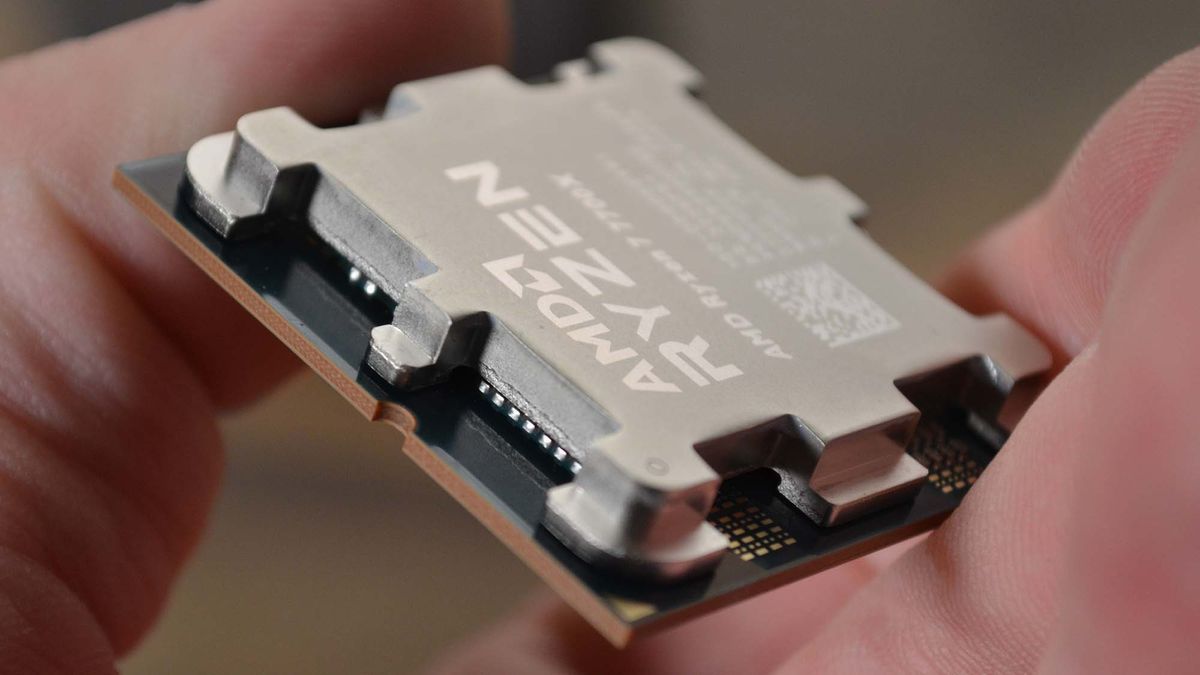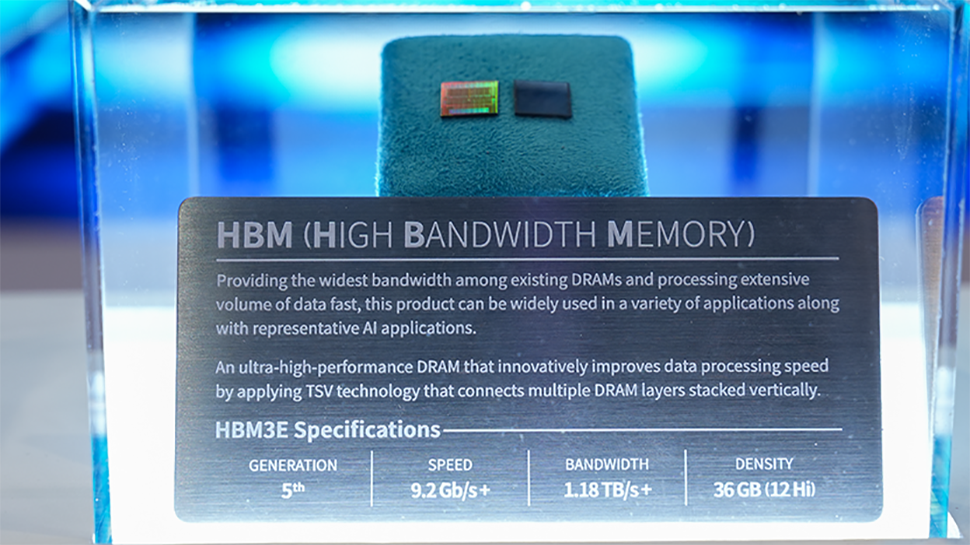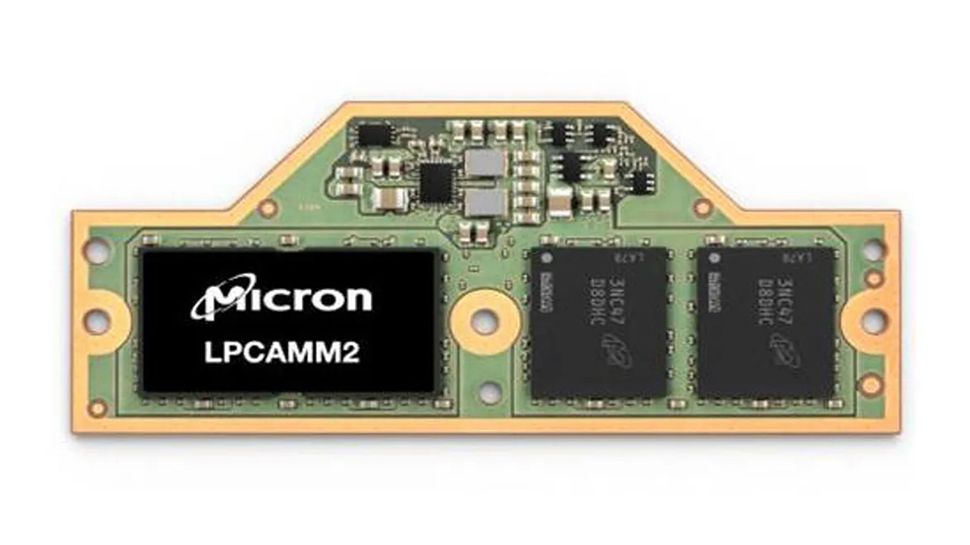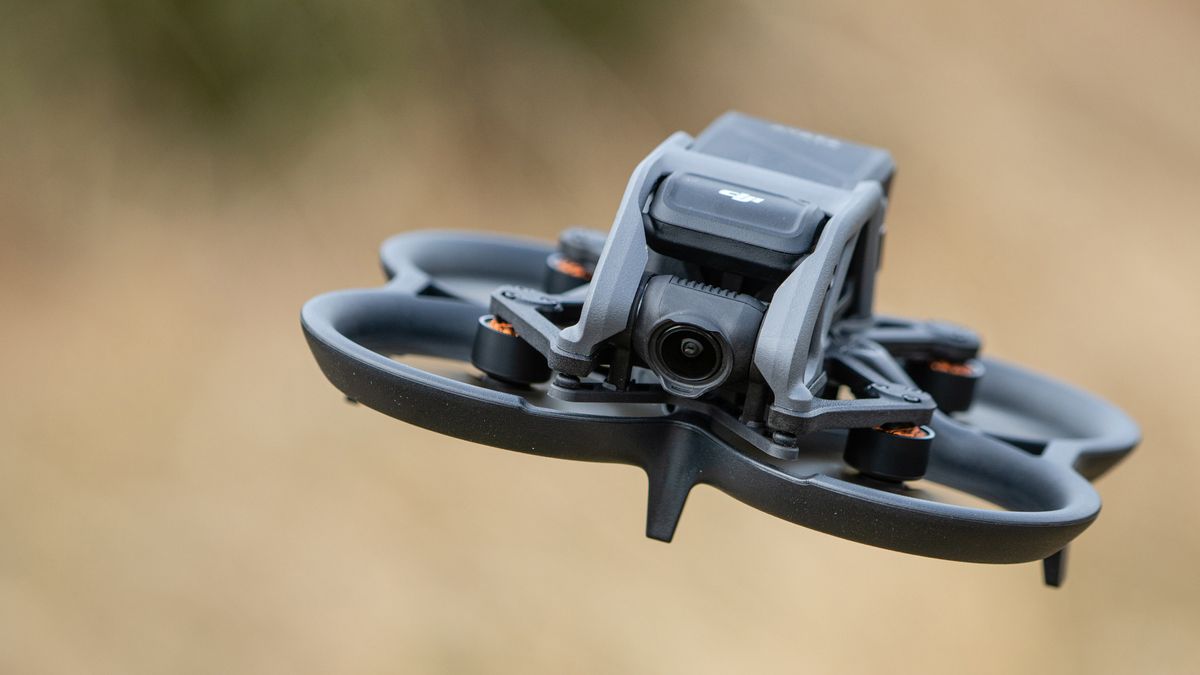AMD's Ryzen processors are apparently slowing down quite a bit during PC gaming sessions due to an alleged bug in Windows 11, and in some cases, Ryzen 9000 processors are doing a bit worse.
This comes courtesy of Hardware Unboxed (via VideoCardz) on YouTube, who noted in their review of the Ryzen 9700X that gaming results were a bit lower than AMD was expecting (based on Team Red's own internal testing).
After some back-and-forth between AMD and Hardware Unboxed, and some head-scratching from both, the Red Team asked a key question: was the reviewer using an administrator account? By this AMD meant the “hidden” system administrator account that isn’t enabled by default in Windows 11, not just the local account of the PC owner.
This hidden administrator account has elevated privileges and appears to be the reason for the Ryzen chips’ speed boost in PC games. AMD used such an account in its testing, but Hardware Unboxed (and no doubt many other reviewers) did not.
The performance drop outside of stealth mode occurs in any “bursty” workload, where demanding activity can suddenly spike, and this is very true of gaming. So this won't affect applications and the like where the workload is longer and sustained, rather than spikes in processing activity.
The slowdown in games is theoretically caused by a bug in Windows 11 (or at least AMD believes so, although this is not yet proven) and Hardware Unboxed confirmed the issue by setting up said hidden administrator account and re-running tests on the Ryzen 9700X, comparing them to the previous results (obtained in the review) with the local account.
Some games showed a big difference, notably Cyberpunk 2077, which was 7% faster (at 1080p, with an RTX 4090 graphics card, to put emphasis on the CPU) with the hidden admin account active.
However, this doesn't just affect Ryzen 9000 processors, but Ryzen 7000 chips as well. In fact, last-gen CPUs get almost as much benefit from the hidden management trick compared to the new Zen 5 silicon, although Ryzen 9000 shows noticeably larger gains in some games.
In a suite of 13 games tested, Hardware Unboxed found that, on average, the Ryzen 9700X was 3.8% faster, while its predecessor, the Ryzen 7700X, was 2.6% faster when running in stealth mode. So, overall, the 9700X does drop a few more frames on average outside of stealth mode, but nothing to a noticeable degree.
View in
Analysis: More questions than answers
To be honest, there's a lot that's unclear here, as Hardware Unboxed candidly admits. Is this a bug? Well, that's one explanation, but another could be that the hidden admin account (or, more specifically, its elevated privileges) simply has less overhead for gaming workloads. In other words, it could affect not only all Ryzen processors (from Ryzen 5000 onwards), but also Intel CPUs (the YouTube channel didn't test Team Blue chips).
However, it might seem more likely that this is a Ryzen-related issue, as AMD seems to indicate that this is a Windows 11 bug and that Microsoft should fix it in a future update, we're told. That's far from a concrete statement just yet, though, and obviously testing Intel chips to see if they run considerably faster under the hidden admin account will be key to discerning what might be going on with Windows in this case.
If it's just a Ryzen issue, in some ways that's bad news for Intel, because when the issue is fixed (in theory), suddenly Team Red's chips are going to have a considerable jump in gaming performance compared to Intel's Core CPUs.
Does this also affect Windows 10? We don't know either.
However, these findings may help explain why the recent comparison between Windows 11 and Linux with Ryzen 9000 processors was a bit more lopsided than expected in favor of the latter.
Please note that while Hardware Unboxed shows you how to run the hidden administrator account in their video, do not use this mode at all. It is hidden and disabled by default for a reason, because it is for specific use cases and troubleshooting, so while it does offer additional privileges as mentioned, it is also less secure and leaves the system more exposed and open to malware infections and the like.
We can't stress this enough: don't turn this option on permanently to get an extra 5% frame rate in your favorite PC game, just wait for it to be fixed. If Microsoft does have to implement it, it might be a bit of a pain, but be patient and don't be tempted down this backdoor management route, as it's a path fraught with potential pitfalls.









